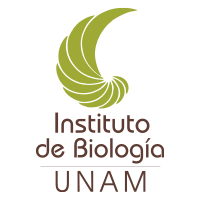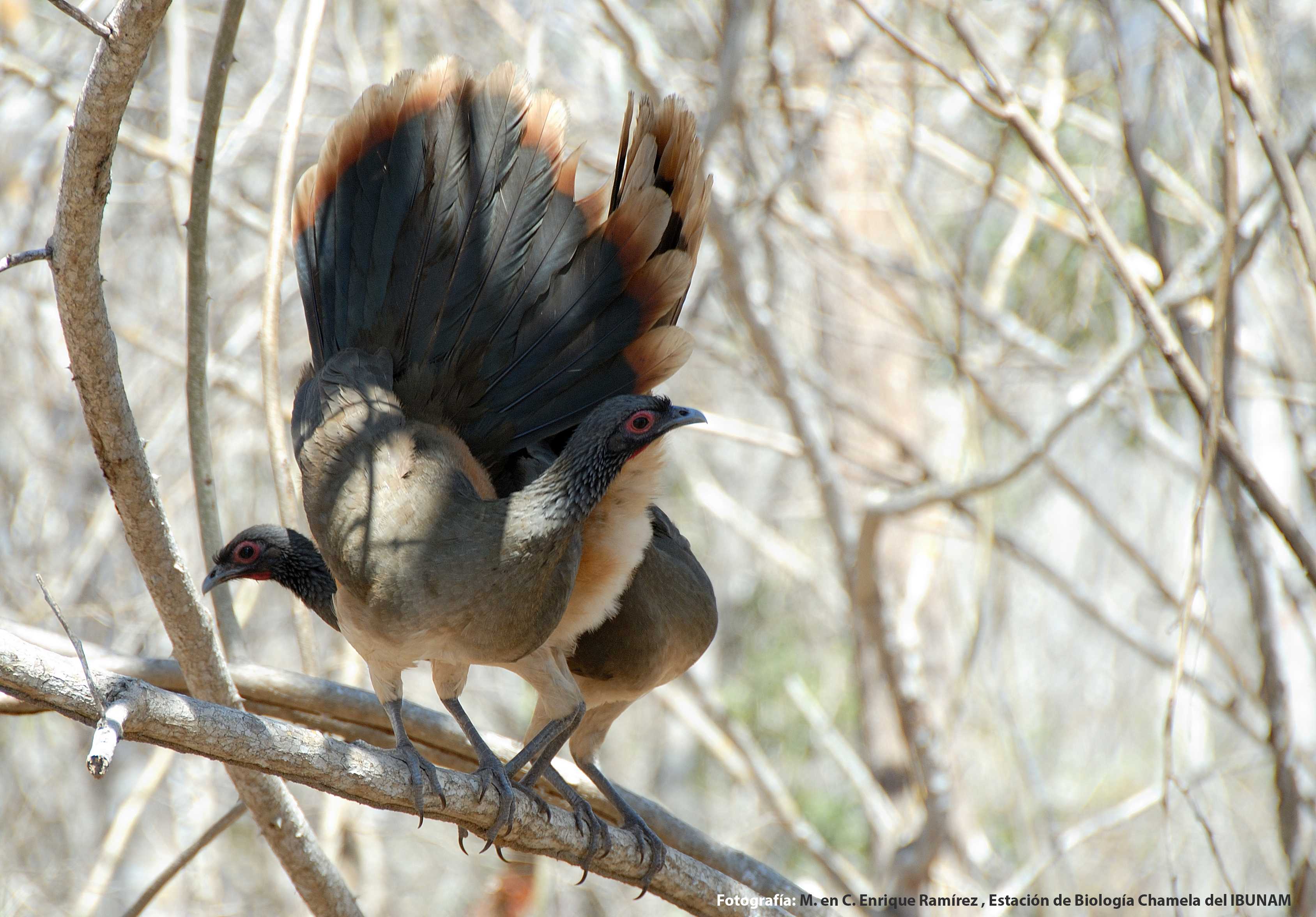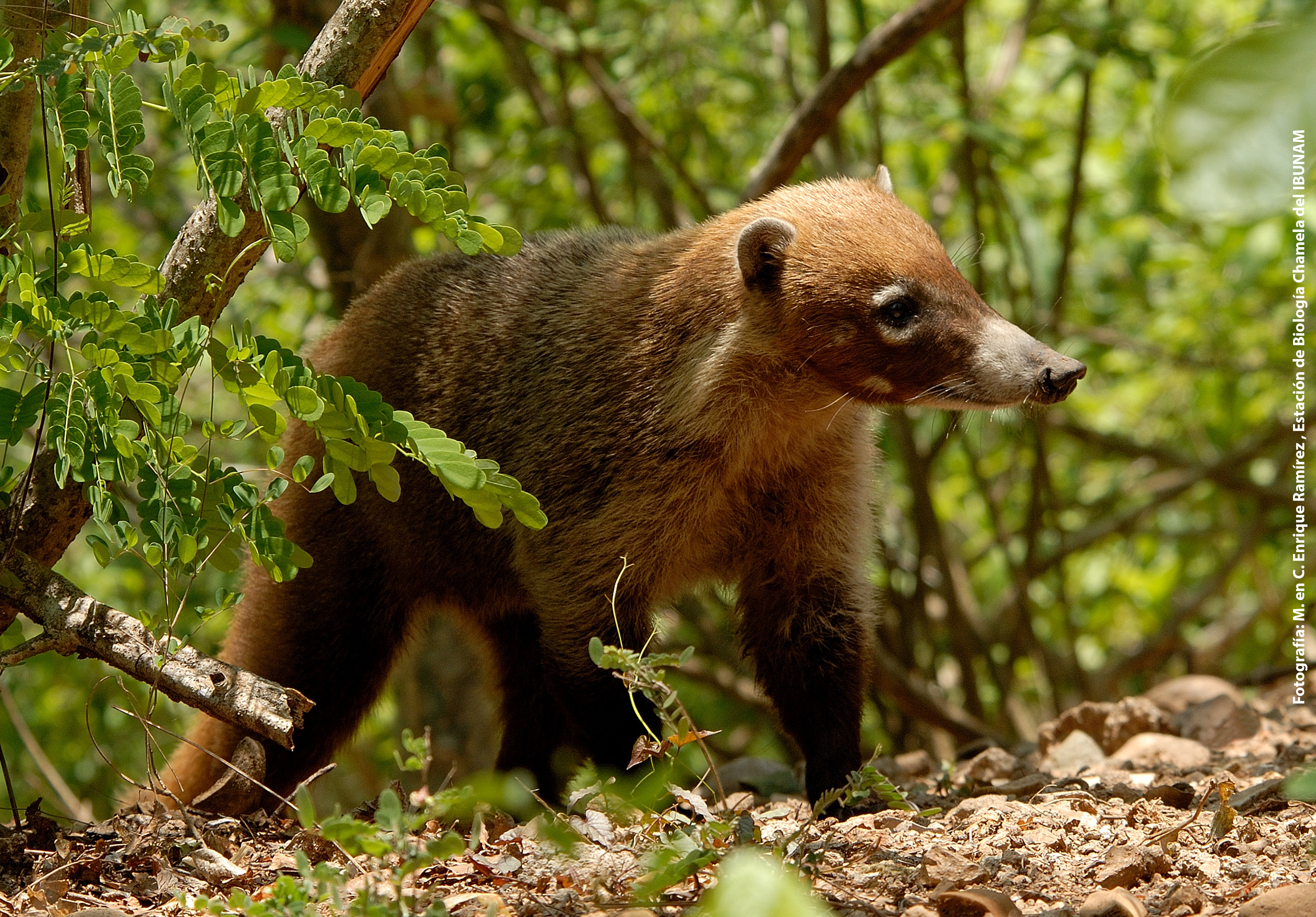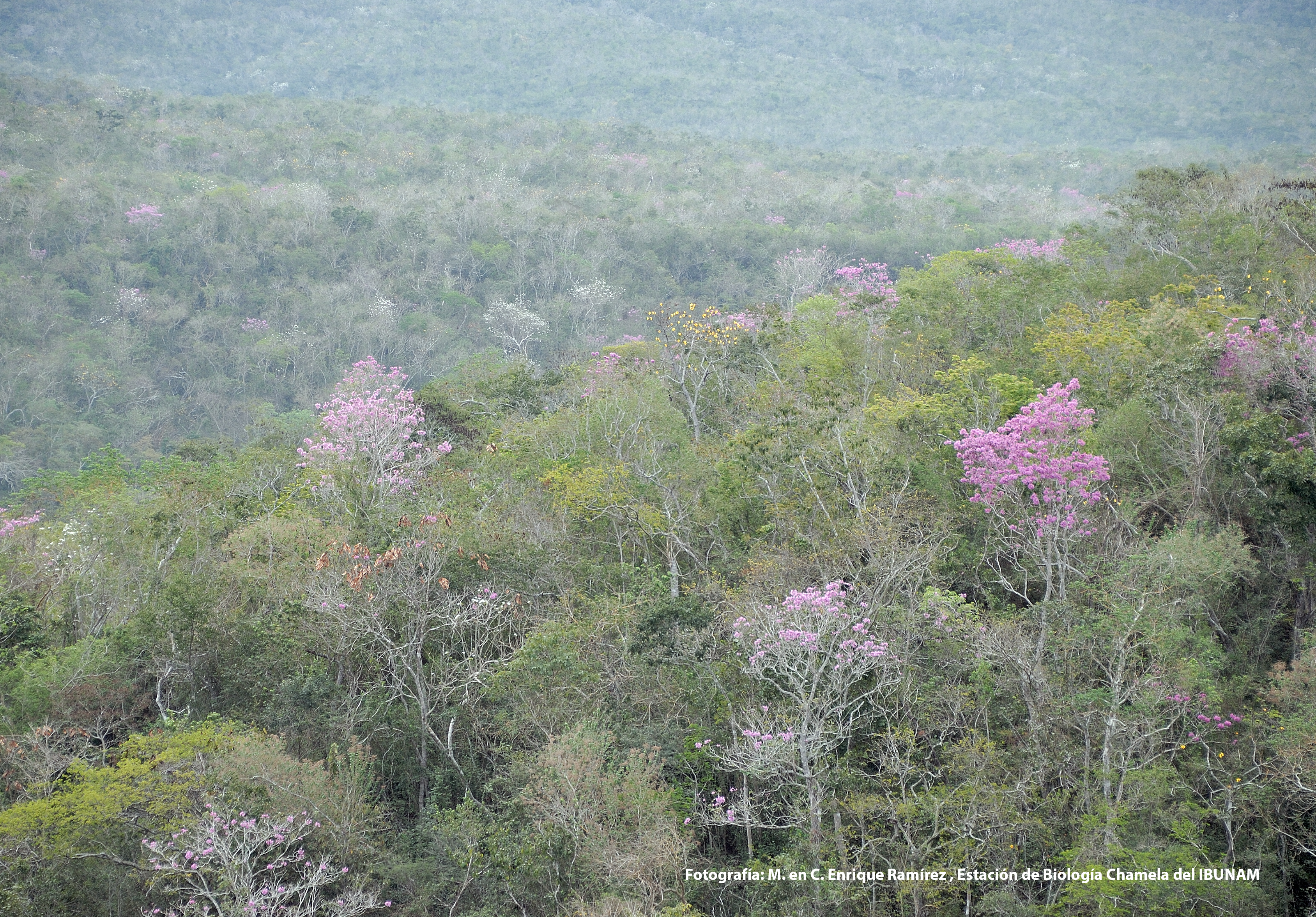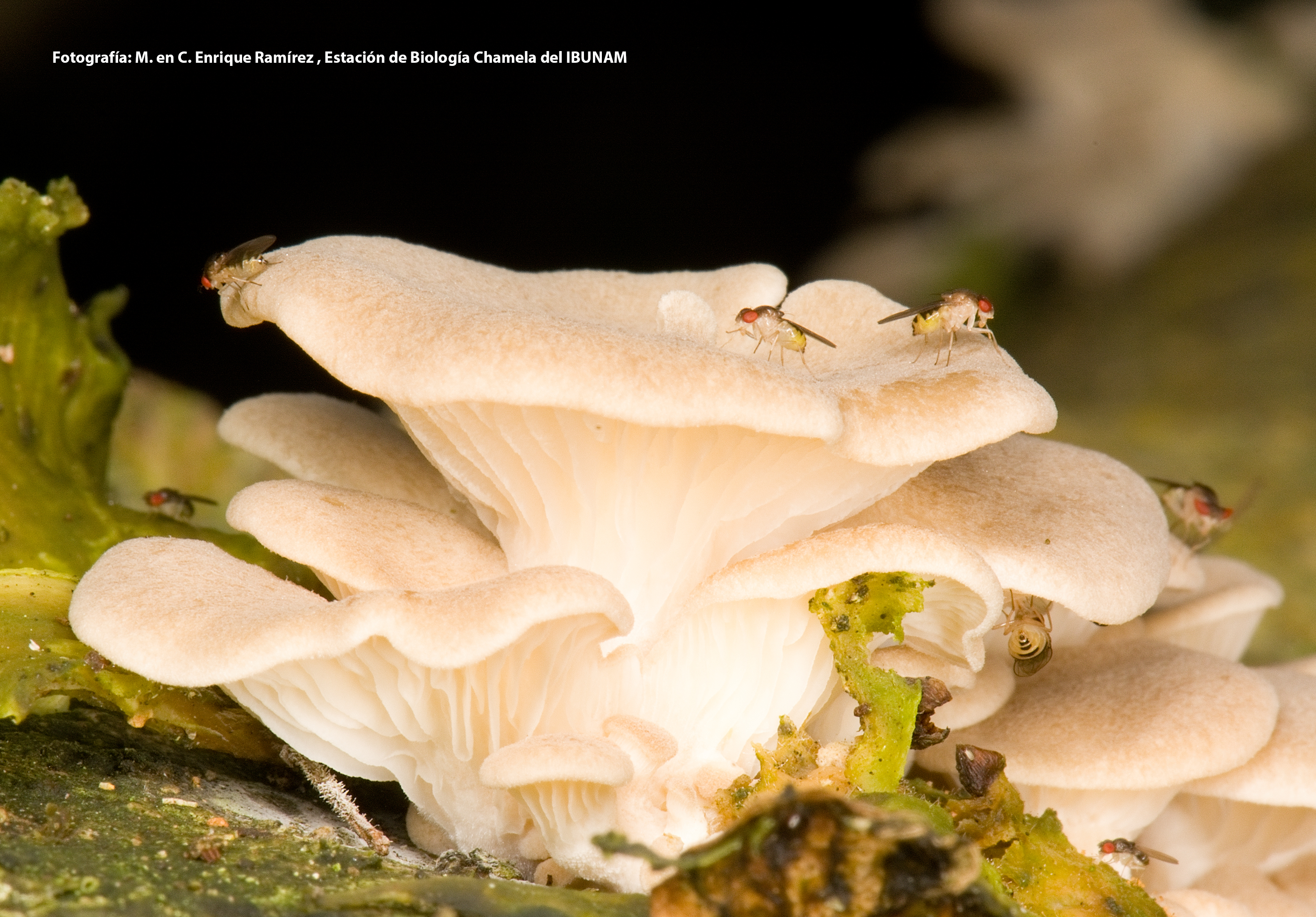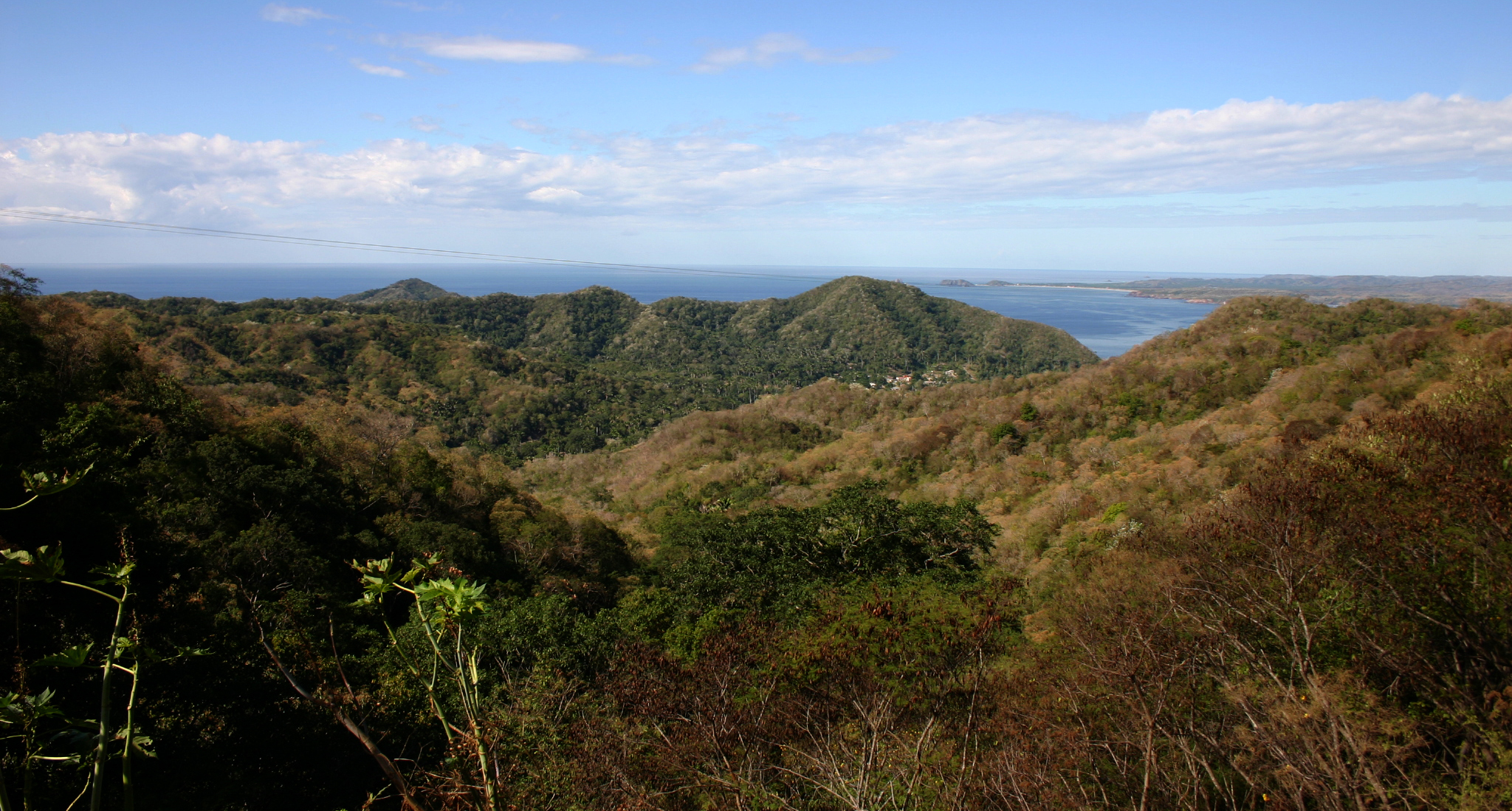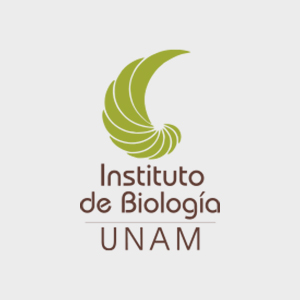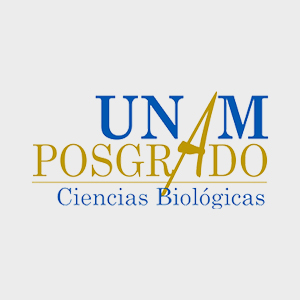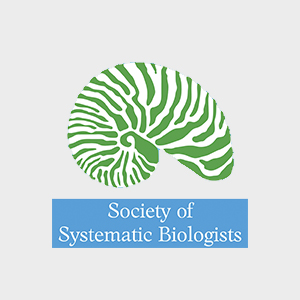Workshops
Pre-meeting
1. Synthesizing and dating phylogenies using the Open Tree of Life
The Open Tree of Life project (tree.opentreeoflife.org) provides an integrated set of tools and data resources to make phylogenetic knowledge more accessible across the diversity of life. Participants will learn to use the Open Tree of Life tools and data stores to evaluate and unite phylogenetic inferences to generate taxonomically complete synthetic trees, which they can apply to their individual research questions in evolutionary biology. The focus of this workshop is demonstrating new features of the Open Tree of Life’s infrastructure: services for adding dates to nodes, constructing supertrees from arbitrary sets of trees, and performing generalized conflict analyses. While most of the services and tools demonstrated require only a browser to access, some will require access via a command line. The tools are accessible via Windows, Mac, or Linux devices.
The workshop will cover using Open Tree of Life phylogenetic study curation tools to standardize the taxonomic names and metadata for published phylogenetic estimates. We will demonstrate tools to assess concordance and conflict across different phylogenetic estimates, and between phylogenetic estimates and taxonomic relationships. Using OpenTree’s custom synthesis tools, participants will generate synthetic summary trees for their taxa based on existing phylogenetic inferences. We will apply existing node date estimates to these synthetic trees, and infer date estimates for undated nodes in trees. Together these approaches will provide participants with the skill set to obtain a dated tree for taxa of interest and understand how published estimates disagree with each other with respect to those taxa.
Instructors, institutions and affiliations:
Emily Jane McTavish - University of California, Merced
Mark Holder - University of Kansas
Ben D. Redelings - University of Kansas, Ronin Institute
Luna L Sanchez Reyes - University of California Merced.
Number of participants: 25
Friday Jan 13th, 9am-1pm (4 hours + lunch break)
------------------------------------------------------------------------
2. Paleobotany and divergence time estimation using RevBayes
Bayesian total-evidence dating has recently emerged as one of the best strategies fordating phylogenetic trees. However, while numerous studies have improved divergencetime estimation in animals, plants face a slower application of these methodologies. Inaddition, plant fossils can be particularly challenging because of the fragmentary natureof the material and the small number of fossils available. In practice, divergence timeestimation in plant clades requires expertise in paleobotany, systematics, phylogeneticsand statistics. Our workshop aims to provide a space for phylogeneticists interested inpaleobotany and Bayesian total-evidence dating to: 1) discuss challenges and learn toolsto extract character information from plant fossils; 2) explore statistical methods to clusterfossils and extant taxa; and 3) gain a theoretical and practical background in total-evidence dating using the software RevBayes.Participants will need to bring a laptop running the latest version of R; needed packageswill be installed during the workshop. This full-day workshop is based on a previousversion that took place at the Evolution 2022 conference (https://ixchelgzlzr.github.io/TED_and_Paleobotany/about/) but in this opportunity wewould like to offer the workshop in Spanish, unless the committee would prefer it inEnglish. We intend to receive 20 students. All workshop materials will be made availableafterwards through an open-source repository in Github. Finally, even though the workingexamples are focused on plants, this workshop is relevant for practitioners working withother organisms.
Instructors
Rocio Deanna
University of Colorado at Boulder (US)
Instituto Multidisciplinario de Biología Vegetal (CONICET-UNC, Argentina)
rocio.deanna@colorado.edu
Ixchel González-Ramírez
University of California, Berkeley
ixchel_gonzalezrmz@berkeley.edu
Number of participants: 25
Thursday Jan 12th 9am-6pm (Full day: 8 hrs + lunch and other breaks)
------------------------------------------------------------------------
3. CloudForest: A Robust Computational Platform for Visualizing, Exploring, and Understanding Variation in Sets of Phylogenetic Trees
Workshop Description and Goals: We represent a group of interdisciplinary scientists (biologists, scientific computing specialists, and mathematicians) who have been developing the CloudForest software (https://treescaper.github.io/) for the past several years with support from the US National Science Foundation. The goal of CloudForest is to allow biologists to better visualize, explore, and understand variation in sets of phylogenetic trees. These tree sets can represent many different sources of variation relevant to phylogenetic analyses, including variation across gene trees, uncertainty in the estimate of individual gene trees, sensitivity of inferred trees to analytical or methodological choices, or various combinations of these. CloudForest brings together a series of mathematical techniques and novel visualizations that allow researchers to better take advantage of the information contained in these tree sets in order to provide deeper biological insights.The goal of this workshop is to train new users in the use of CloudForest to answer questions of interest relevant to their own research. This workshop would coincide with our first release of the CloudForest software and allow participants to be among the first to take advantage of these new tools. We have already begun developing a set of training resources on our website to assist workshop participants, but we will be expanding these resources substantially before January.
Organizers: Jeremy Brown1, Benjamin Toups1, Neha Tiwari1, and Reid Wagner2
1 Department of Biological Sciences and Museum of Natural Science, Louisiana State University, Baton Rouge, LA, USA
2 Minnesota Supercomputing Institute (MSI), University of Minnesota, Minneapolis, MN, USA
THIS WORKSHOP HAS NSF FUNDING FOR TRAVEL AWARDS
Number of participants: 25
Thursday Jan 12th 9am-6pm (Full Day, 8 hrs + lunch and other breaks)
------------------------------------------------------------------------
4. Phylogeographic Temporal Analysis (PTA): Model based comparative phylogeography with machine learning
Workshop Synopsis/Goals
Species that occupy the same geographic extent (i.e. 'co-distributed species') are subject to the same changes in environment and geography (e.g. cycles of glaciation, uplift of mountain ranges, reduction or expansion of suitable habitat due to changing precipitation regimes, etc.). Estimating the extent to which co-distributed species undergo similar evolutionary, demographic and distributional histories as a result of changes in shared abiotic conditions is the domain of comparative phylogeography (Arbogast & Kenagy, 2001;Gutiérrez-García & Vázquez-Domínguez, 2011; Edwards et al., 2022). Originally, statistical comparative phylogeographic methods emerged during the era of single-locus data (e.g.Hickerson et al., 2007) and soon expanded to account for multi-locus data on the order of handfuls to dozens of loci (e.g. Huang et al., 2011; Overcast et al., 2017). Such methods, while statistically robust and feasibly applied to Sanger-like data, are computationally intractable in the face of contemporary massive next-generation sequencing datasets (e.g. RADSeq; Andrews et al., 2016), which can often encompass thousands to tens of thousands of independent loci.Accordingly, new comparative phylogeographic methods have been developed to perform inference on such RADSeq or even whole genome-scale datasets by utilizing either suites of summary statistics (Gehara et al., 2017) or aggregated (joint) site frequency spectra (Xue &Hickerson, 2017). In this proposed workshop we will present one such method, Phylogeographic Temporal Analysis (PTA), which combines advances in the computational performance of large-scale (genome-wide) coalescent simulations (Kelleher et al., 2016; Kelleher & Lohse, 2020) with the power of machine learning inference (e.g. scikit-learn; Pedregosa et al., 2011), all within a simple, user friendly, and reproducible python-based jupyter notebook environment. Given genome-scale data for multiple individuals of multiple co-distributed species, PTA implements a hierarchical simulation-based machine learning approach to estimate the degree of concordance in demographic response (e.g. the number of co-expanding or co-contracting species), as well as the timing and magnitude of such shared demographic changes.
The learning outcomes of this workshop will include: 1) understanding the fundamental motivation for comparative phylogeographic inference; 2) identifying and manipulating key parameters of comparative phylogeographic models; 3) simulating subgenomic or genomic data for multiple co-distributed species; 4) using supervised machine learning for model classification and parameter estimation. In this workshop we will proceed through all the steps necessary to analyze a typical comparative phylogeographic dataset within a jupyter notebook environment,allowing researchers to generate documented and easily reproducible workflows, and providing a simple interface for generating publication-ready plots of results. This workshop will be geared toward practicing field biologists with little or no computational experience. Workshop attendees will need to bring a laptop computer.
Workshop Structure
● Background on comparative phylogeography. Why do we do this? How? What kinds ofquestions can we ask and answer? Examples from the literature. (1 hour)
● Running simulations with the PTA comparative phylogeographic model and reviewingsome of the key model parameters and outputs. (1.5 hours)
● Machine learning inference using simulations and toy empirical data. (1.5 hours)
Instructors
Isaac Overcast, University of Maine
isaac.overcast@maine.edu
Ella Vázquez-Domínguez, Instituto de Ecología, UNAM
evazquez@ecologia.unam.mx
Arianna Kuhn, Virginia Museum of Natural History
ariannakuhn@gmail.com
Number of participants: 25
Friday Jan 13h 9am-1pm (Half Day, 4 hours + break).
------------------------------------------------------------------------
5. PhyloNetworks: analysis for phylogenetic networks 2023 edition
Workshop Description and Goals: PhyloNetworks is a Julia package that allows users to test for reticulation (introgression and horizontal gene flow) among phylogenetic histories from multiple loci. PhyloNetworks consists of seven stages: (1) reading /writing phylogenetic trees and networks, in (extended) Newick format. The networks, which can be rooted or unrooted, are considered explicit: nodes represent ancestral species; (2) estimating level-1 phylogenetic networks from input gene trees; (3) manipulating networks: re-root, prune taxa, remove hybrid edges; (4) extracting displayed networks / trees; (5) comparing networks / trees with dissimilarity measures (hardwired cluster distance on networks or Robinson-Foulds distance on trees); (6) summarizing samples of bootstrap networks (or trees) with edge and node support estimate species networks from multilocus data; and (7) fitting phylogenetic comparative methods for continuous trait evolution on species networks / trees.
In this workshop, we will illustrate all seven stages as well as the plot functionalities in the companion package PhyloPlots. This workshop will be offered in a hybrid format due to travel constraints: the organizer will teach it via Zoom and assistants and participants will be present on site.
The goal of this workshop is to learn the pipeline to go from multilocus sequence alignments (aligned gene sequences, or loci) to a phylogenetic network displaying the relationships between the species in the alignments. We will cover (1) the TICRpipeline: from sequences to quartet concordance factors (CFs, proportion of genes having a particular history); (2) PhyloNetworks for network estimation: from quartet CFs or gene trees to phylogenetic networks, and bootstrap analysis to understand network uncertainty; and (3) TICRtest: is a population tree with ILS sufficient (vs network)?
Organizers: Claudia Solís-Lemus 1
Assistants: Ricardo García-Sandoval 2, Santiago Ramírez Barahona 3,Hernán Vázquez Miranda 3
1 Wisconsin Institute for Discovery & Department of Plant Pathology, University of Wisconsin-Madison
2 Facultad de Ciencias, Universidad Nacional Autónoma de México
3 Instituto de Biología, Universidad Nacional Autónoma de México
Number of participants: 15
Thursday Jan 12th, 9am-1pm (Half-Day, 4 hrs + break).
------------------------------------------------------------------------
6. Calibrating molecular clocks using the fossil record and CladeDate, 2023 edition
Workshop Description and Goals: CladeDate is a R package that allows users to generate empirical calibration information from the fossil record. CladeDate uses simple mathematical models to estimate the age of a clade and its uncertainty based on fossil times. Using a Monte Carlo approach, CladeDate generates empirical densities representing the uncertainty associated with the age of the clade and fits standard probability density functions that can be used in time-tree inference software such as BEAST2, MrBayes andMCMCtree.
This workshop will be offered in presential format with theorganizer, assistants, and participants on site.
The goal of this workshop is to learn pipelines to go generate calibration information and use it to generate time-trees (time-calibrated phylogenies). We will cover (1) the R and R Studio basics for loading trees,plotting, and basic calculations; (2) CladeDate for the generation of calibration information, including point estimates, lower and upper bounds, and calibration densities; and 3) the generation of fast time-trees in R using Maximum Likelihood methods. Additionally, we will generate simulations to verify calibration information generated with CladeDate produced accurate time-trees and comparable to more complex methods.
Organizers: Santiago Claramunt 1
Assistants: Ricardo García-Sandoval 2, Santiago Ramírez Barahona 3, Hernán Vázquez Miranda 3
1 Department of Ecology and Evolutionary Biology, University of Toronto
2 Facultad de Ciencias, Universidad Nacional Autónoma de México
3 Instituto de Biología, Universidad Nacional Autónoma de México
Number of participants: 25
Friday Jan 13th 9am-1pm (Half Day, 4 hrs + break).
------------------------------------------------------------------------
Post-meeting
SSB2023 and the Chamela Station Workshop on Phylogenetics and Comparative Method are sponsored by:
Posgrado en Ciencias Biológicas, UNAM
Society of Systematic Biologists
Instituto de Biología, UNAM
Coordinación de la Investigación Científica, UNAM
Fundación UNAM
One-week long workshop @ Chamela Field Station, Jalisco in western Mexico
January 16-22nd, 2023
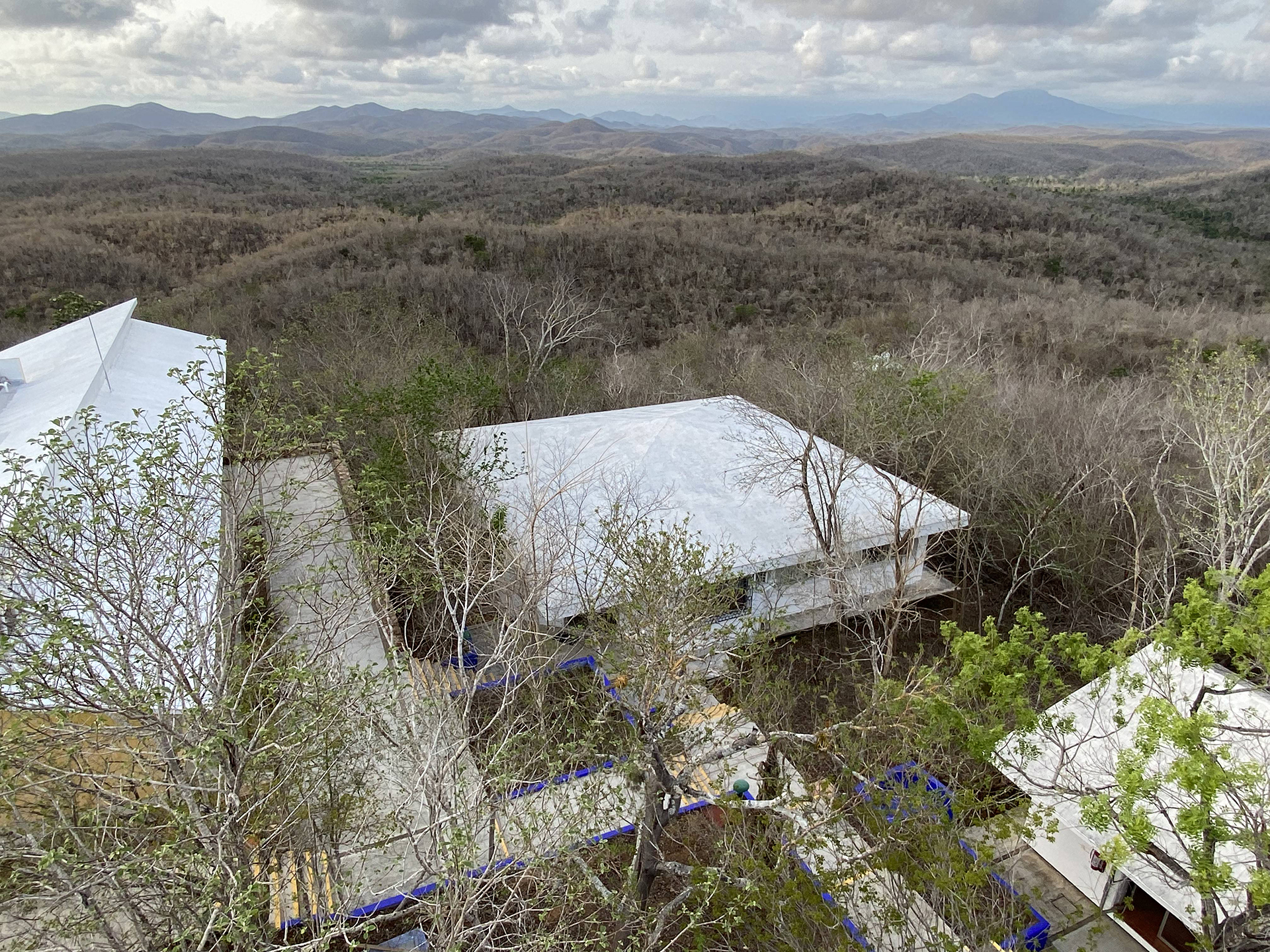
Chamela Station Workshop on Phylogenetics and Comparative Method, January 2023
Dates: January 16-22, 2023
Place: Chamela Biological Field Station, Institute of Biology, Universidad Nacional Autónoma de México (UNAM)
OPEN CALL **Applications closed**
In the context of the 5th Standalone In-Person Meeting of the Society of Systematic Biologists (SSB2023) to be held at the UNAM central campus (a.k.a Ciudad Universitaria - CU) in Mexico City on January 2023, the SSB2023 organizing committee invites undergraduate and graduate students as well as postdoctoral researchers to the Chamela Station Workshop on Phylogenetics and Comparative Method, January 16-22, 2023. This post-meeting event will be offered by SSB2023 and UNAM’s Institute of Biology and the Biological Sciences Graduate Program, at the Chamela Biological Field Station (http://www.ib.unam.mx/chamela/) in La Huerta County, Jalisco, in western Mexico. Prospective applicants must attend SSB2023 in Mexico City. Participation is limited to SSB members (join or renew membership visit (https://scienceserv.com/ssb/)
The goal of this workshop is to offer a complete week-long immersion to the world of phylogenetic inference and the comparative method for students and postdocs. The instructors are international leaders in the field that will provide the theoretical foundation and practical tools to formulate and answer biological questions with a phylogenetic perspective. UNAM’s initiative to have this workshop in Mexico stems from the collective and deliberate effort of the Institute of Biology in collaboration with the Institute of Ecology, Faculty of Sciences, and Genomic Science Center. Being an international event, the language of the workshop will be English, although website and open call information are also available in Spanish.
The program will include:
• Introduction to Phylogenetics, Tree Thinking and Interpretation.
• Phylogenetic Inference and time calibration (molecular clock dating).
• Phylogenetics and the Comparative Method, PGLS.
• Diversification and character evolution.
• Phylogenetic study of adaptation.
• Historical Biogeography.
Instructors and support staff:
•Stacey D. Smith, University of Colorado, Boulder
•Tracy Heath, Iowa State University
•Alejandro Gonzalez Voyer, Instituto de Ecología, UNAM
•Rosana Zenil-Ferguson, University of Hawaii
•Joseph Uyeda, Virginia Tech
•Isabel Sanmartin, Real Jardín Botánico de Madrid
•Ricardo García-Sandoval, Facultad de Ciencias, UNAM
•Santiago Ramírez Barahona, Instituto de Biología, UNAM
•N. Ivalú Cacho González, Instituto de Biología, UNAM
•Special Host
